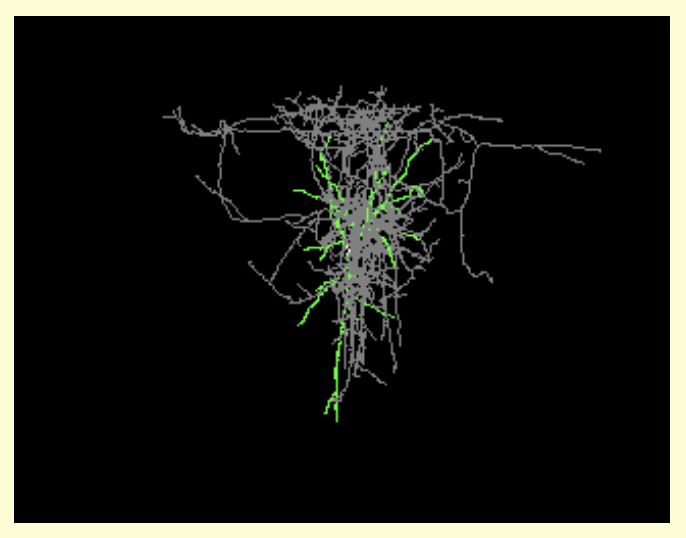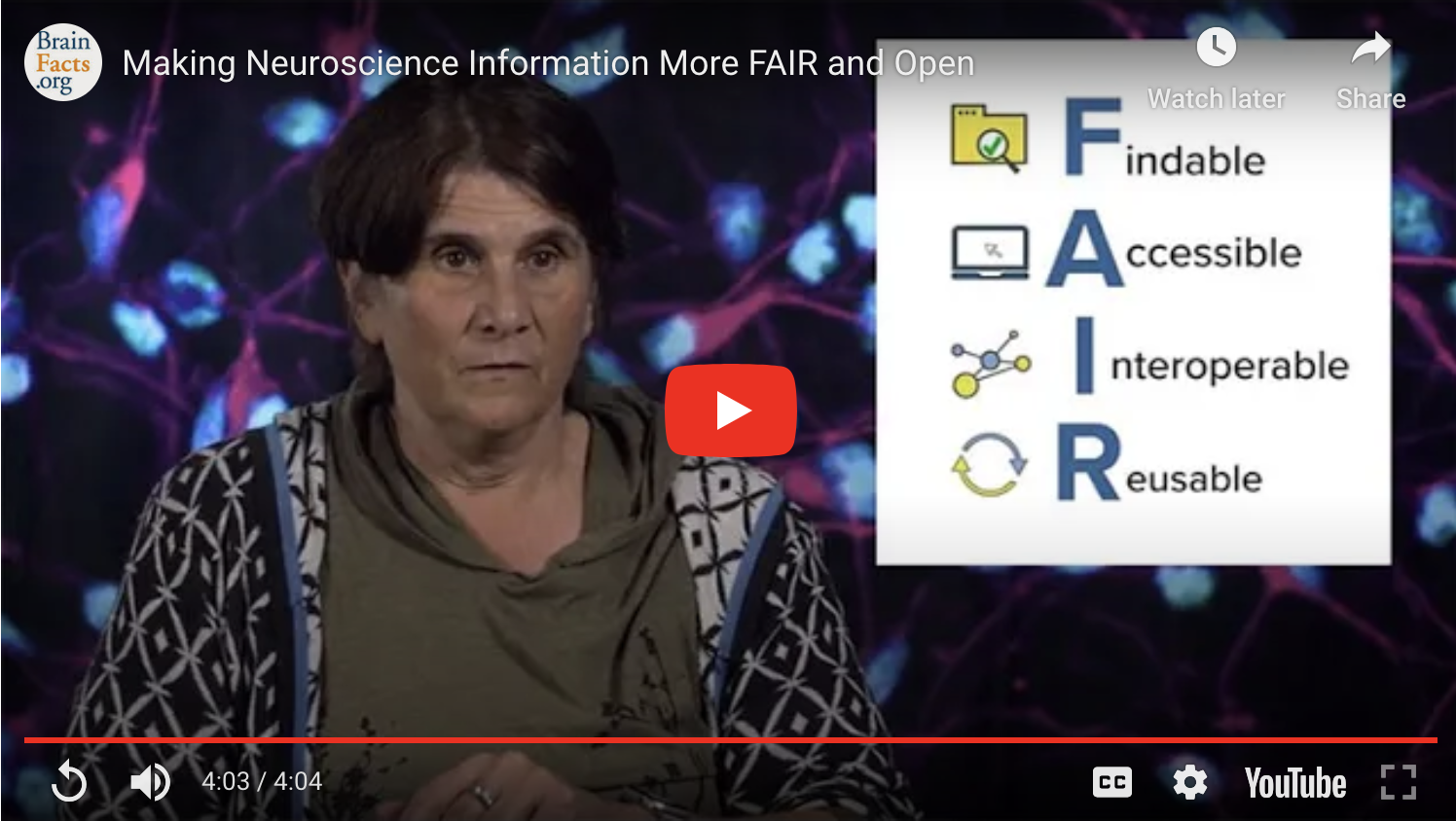Systematic Treatment Enhancement Program for Bipolar Disorder (STEP-BD) (RRID:SCR_008844)Copy Citation Copied
URL: http://www.nimh.nih.gov/funding/clinical-trials-for-researchers/practical/step-bd/index.shtml
Proper Citation: Systematic Treatment Enhancement Program for Bipolar Disorder (STEP-BD) (RRID:SCR_008844)
Description: A long-term outpatient study designed to find out which treatments, or combinations of treatments, are most effective for treating episodes of depression and mania and for preventing recurrent episodes in people with bipolar disorder. This study has been completed. (2005) STEP-BD is evaluating all the best-practice treatment options used for bipolar disorder: mood-stabilizing medications, antidepressants, atypical antipsychotics, and psychosocial interventions - or talk therapies - including Cognitive Behavioral Therapy, Family-focused Therapy, Interpersonal and Social Rhythm Therapy, and Collaborative Care (psychoeducation). There are two kinds of treatment pathways in STEP-BD, and participants may have the opportunity to take part in both. The medications and psychosocial interventions provided in these pathways are considered among the best choices of treatment for bipolar disorder in everyday clinical practice. In the Best Practice Pathway, participants are followed by a STEP-BD certified doctor and all treatment choices are individualized. Everyone enrolled in STEP-BD may participate in this pathway. Participants and their doctors work together to decide on the best treatment plans and to change these plans if needed. Also, anyone who wishes to stay on his or her current treatment upon entering STEP-BD may do so in this pathway. Adolescents and adults age 15 years and older may participate in the Best Practice Pathway. For adults age 18 and older, another way to participate is in the STEP-BD Randomized Care Pathways. Depending on their symptoms, participants may be offered treatment in one or more of these pathways during the course of the study. The participants remain on mood-stabilizing medication. However, because doctors are uncertain which of several treatment strategies work best for bipolar disorder, another medication and/or talk therapy may be added. Each Randomized Care Pathway involves a different set of these additional treatments. Unlike in the Best Practice Pathway, the participants in the Randomized Care Pathways are randomly assigned to treatments. Also, in some cases, neither the participant nor the doctor will be told which of the different medications is being added. This is called a double-blind study and is done so that the medication effects can be evaluated objectively, without any unintended bias that may come from knowing what has been assigned. Participants will not be assigned medications that they have had bad reactions to in the past, that they are strongly opposed to, or that the doctor feels are unsuitable for them. The medication(s) participants may be randomly assigned to in the Randomized Care Pathways are free of charge. There are other treatment options for participants if they do not respond well to the treatment assigned to them. Also, participants may return to the Best Practice Pathway at any time. About 1,500 individuals will be enrolled in at least one Randomized Care Pathway during their period of participation in STEP-BD. It is important to note that STEP-BD provides continuity of care. For example, if a participant starts out in the Best Practice Pathway and later chooses to enter one of the Randomized Care Pathways, he or she continues with the same STEP-BD doctor and treatment team. Then, after completing the Randomized Care Pathway, the participant may return to the Best Practice Pathway for ongoing, individually-tailored treatment. Follow the link to view study info at Clinicaltrials.gov, http://www.clinicaltrials.gov/ct/show/NCT00012558?order=1
Abbreviations: STEP-BD
Synonyms: Systematic Treatment Enhancement Program for Bipolar Disorder
Resource Type: data or information resource, disease-related portal, clinical trial, portal, topical portal, research forum portal
Keywords: treatment, depression, mania, bipolar disorder, depressive disorder, clinical trial, psychosocial therapy, lithium, drug, valproate, bupropion, paroxetine, lamotrigine, risperidone, inositol, tranylcypromine, behavioral therapy, cognitive behavioral therapy, family-focused therapy, interpersonal and social rhythms therapy, adolescent, adult human, outpatient, best-practice, antidepressant, atypical antipsychotic, psychosocial intervention, medication
Expand Allis used by |
|
is related to |
|
has parent organization |
We found {{ ctrl2.mentions.total_count }} mentions in open access literature.
We have not found any literature mentions for this resource.
We are searching literature mentions for this resource.
Most recent articles:
{{ mention._source.dc.creators[0].familyName }} {{ mention._source.dc.creators[0].initials }}, et al. ({{ mention._source.dc.publicationYear }}) {{ mention._source.dc.title }} {{ mention._source.dc.publishers[0].name }}, {{ mention._source.dc.publishers[0].volume }}({{ mention._source.dc.publishers[0].issue }}), {{ mention._source.dc.publishers[0].pagination }}. (PMID:{{ mention._id.replace('PMID:', '') }})
A list of researchers who have used the resource and an author search tool
Find mentions based on location

{{ ctrl2.mentions.errors.location }}
A list of researchers who have used the resource and an author search tool. This is available for resources that have literature mentions.
No rating or validation information has been found for Systematic Treatment Enhancement Program for Bipolar Disorder (STEP-BD).
No alerts have been found for Systematic Treatment Enhancement Program for Bipolar Disorder (STEP-BD).
Source: SciCrunch Registry





